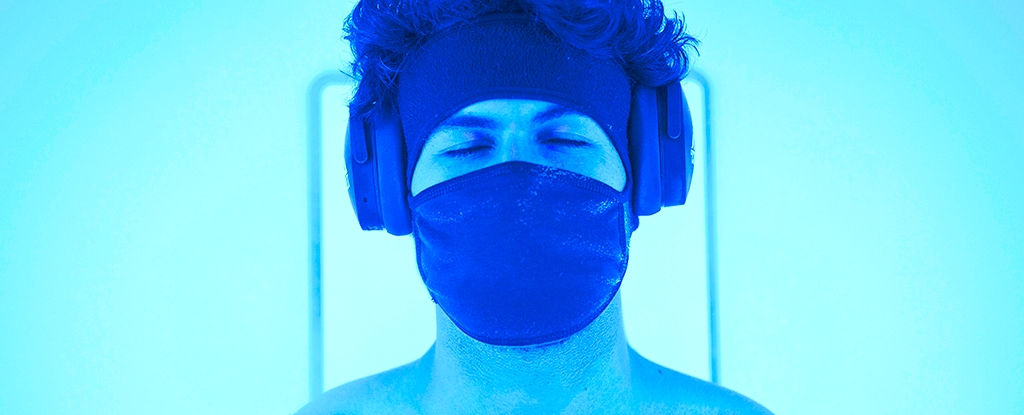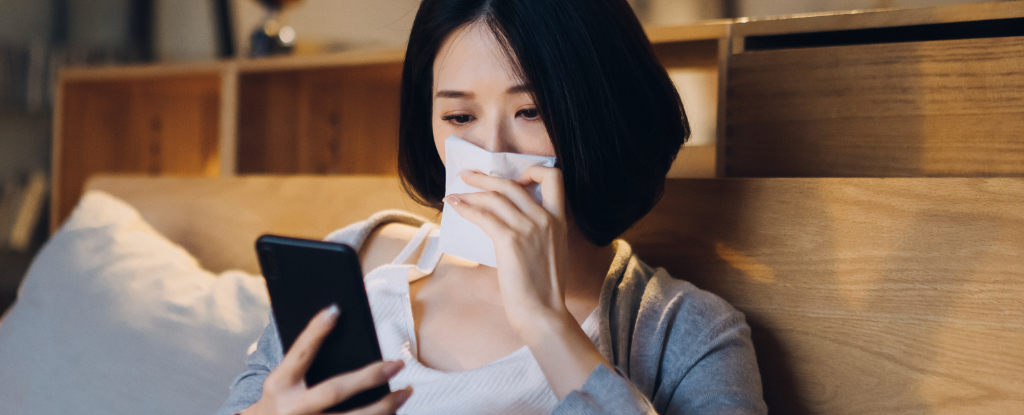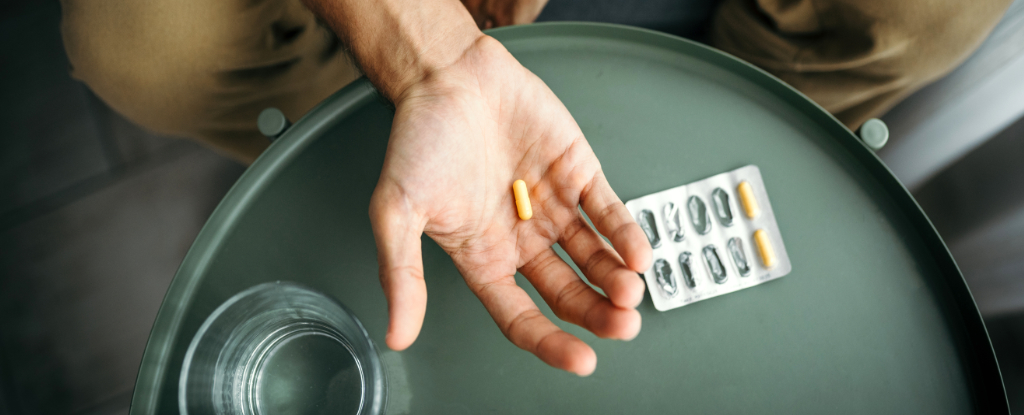If you’re willing to do whatever it takes to improve your sleep quality, here’s a new idea: a daily 5-minute session in a cryostimulation chamber, cooling your body down to a rather chilly -90 °C (-130 °F).
A new study, led by researchers from the University of Poitiers in France, shows that the deep freeze practice improved both sleep quality and mood – though the benefits did take a few days to appear.
While most of us won’t be setting up a cryochamber at home, the research might lead to better treatments for those with sleep problems and help with chronic inflammation or early signs of dementia. It could also assist elite athletes to recover from events.
“Our sleep architecture analysis revealed a significant increase in the duration of slow-wave sleep during nights following cryostimulation compared to nights without cryostimulation,” says kinesiologist Olivier Dupuy, from the University of Montreal in Canada.
“Slow-wave sleep, considered the most restorative phase of sleep, increased by an average of 7.3 minutes during the first two sleep cycles.”
The researchers studied 20 healthy participants, with an average age of 23, over the course of five days. After their daily 5-minute cryostimulation chamber sessions, they went about the remainder of their day as usual – besides abstaining from alcohol, caffeine, and sports.
Overnight, the volunteers were fitted with a variety of brain and heart sensors to monitor biological activity and interpret sleep quality. They were also asked to answer a questionnaire the next day about how they slept.
As well as the increase in slow-wave sleep, known to be important for memory function, the researchers also found improvements in mood and reductions in anxiety. The benefits were particularly noticeable for women.
“Women and men did not have identical responses,” says Dupuy. “This suggests that the dose of cold should be adjusted according to gender, although this requires further study.”
Some aspects of sleep weren’t affected by the cold treatment, including how quickly the participants dozed off, and the time spent in REM sleep (the period where dreams usually happen, linked to memory consolidation).
There’s a small sample size here, and the researchers didn’t try to figure out in detail what was linking the intense cold and the improved sleep quality – so future studies have plenty of scope to build on these findings. There are also many variables that can be altered, like time spent in the cryochamber.
Existing evidence shows whole-body cryostimulation (WBC) can calm down the heart after exercise, reduce inflammation, and improve general well-being. Now it seems those biological benefits may extend to sleep quality too.
“The use of cold for therapeutic purposes goes back to ancient Greece,” says Dupuy.
“One thing is clear: this is not a placebo effect. Other studies have demonstrated similar positive effects in elite athletes.”
The research has been published in Cryobiology.





